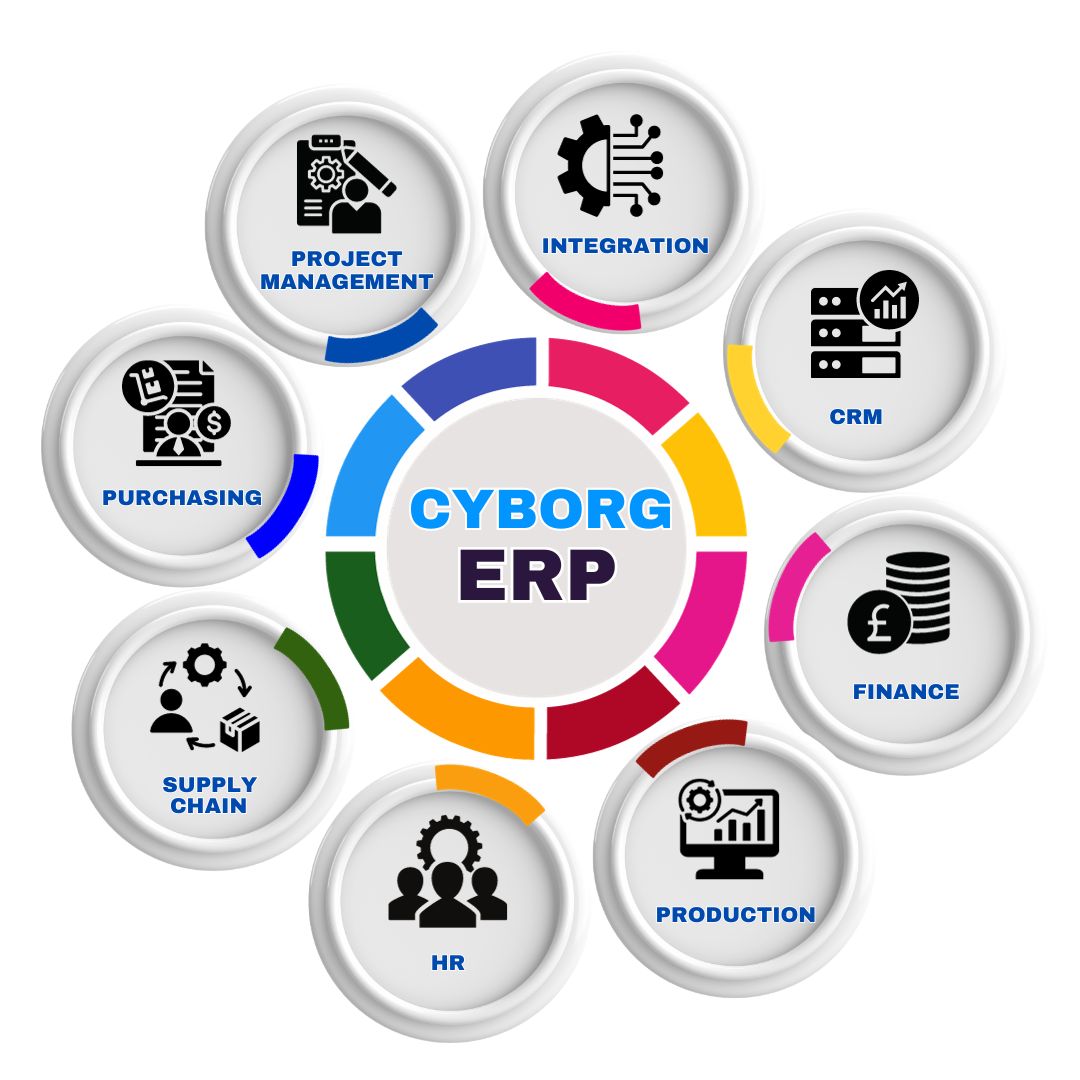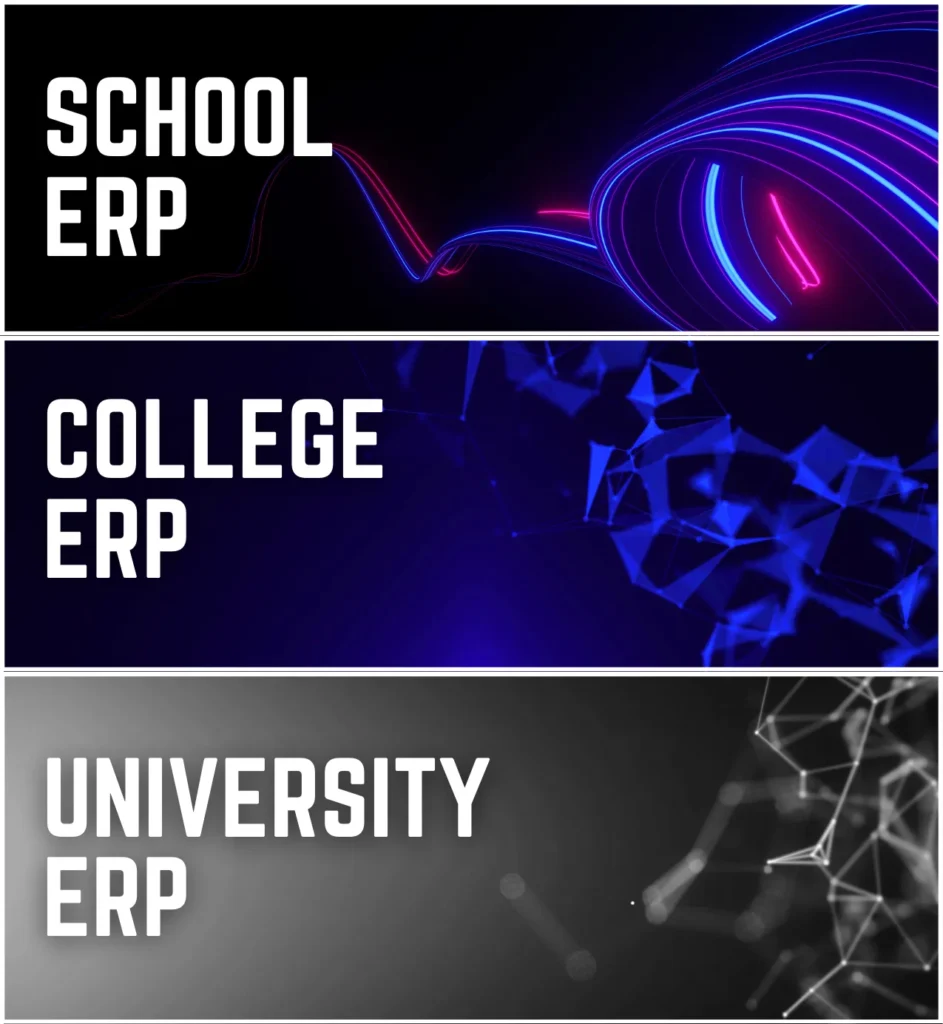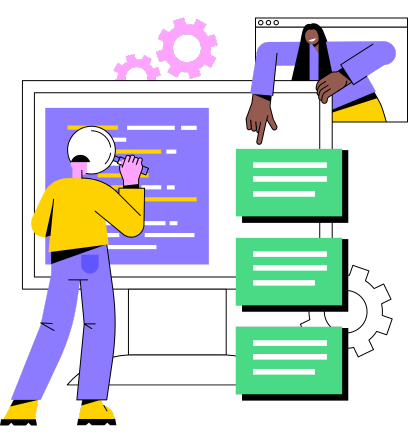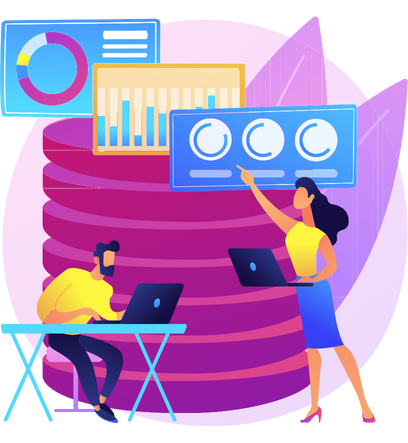Learning Management System
Learning Management System

LMS is a software application for the administration, documentation, tracking, reporting, automation and delivery of educational courses, training programs, or learning and development programs Learning across all disciplines now replaces lifelong learning. The “new” educational environment needs a “new” version of teaching-learning methodologies where teachers can conduct exam analysis, goal output analysis, and syllabus planning, assist students in learning at their own pace, stay in contact with them at all times, and organize their studies to help them reach their goals.
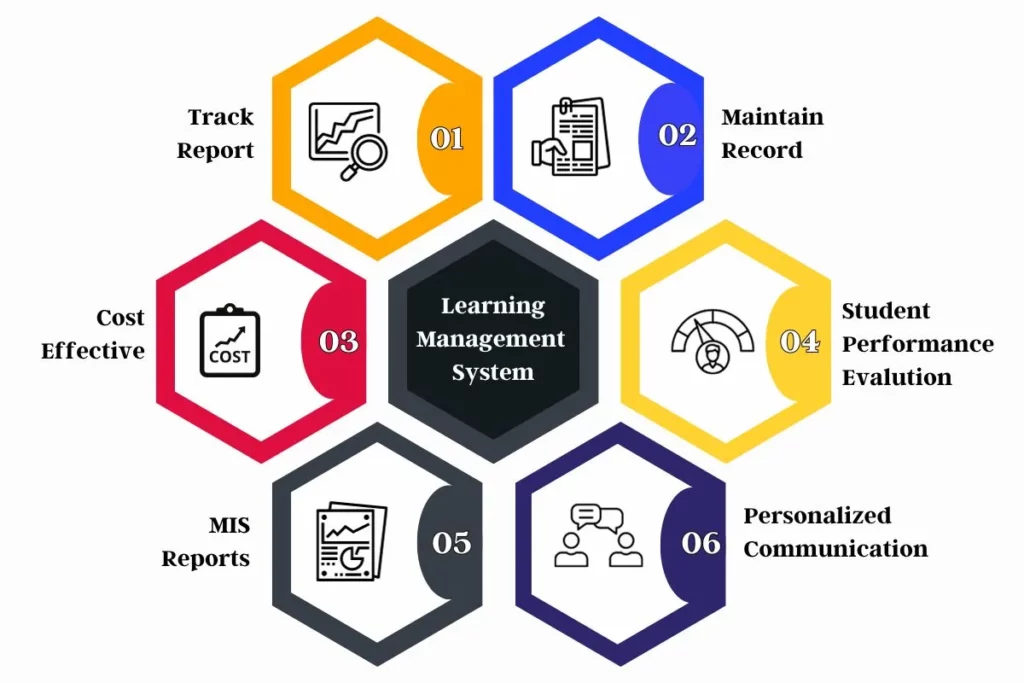
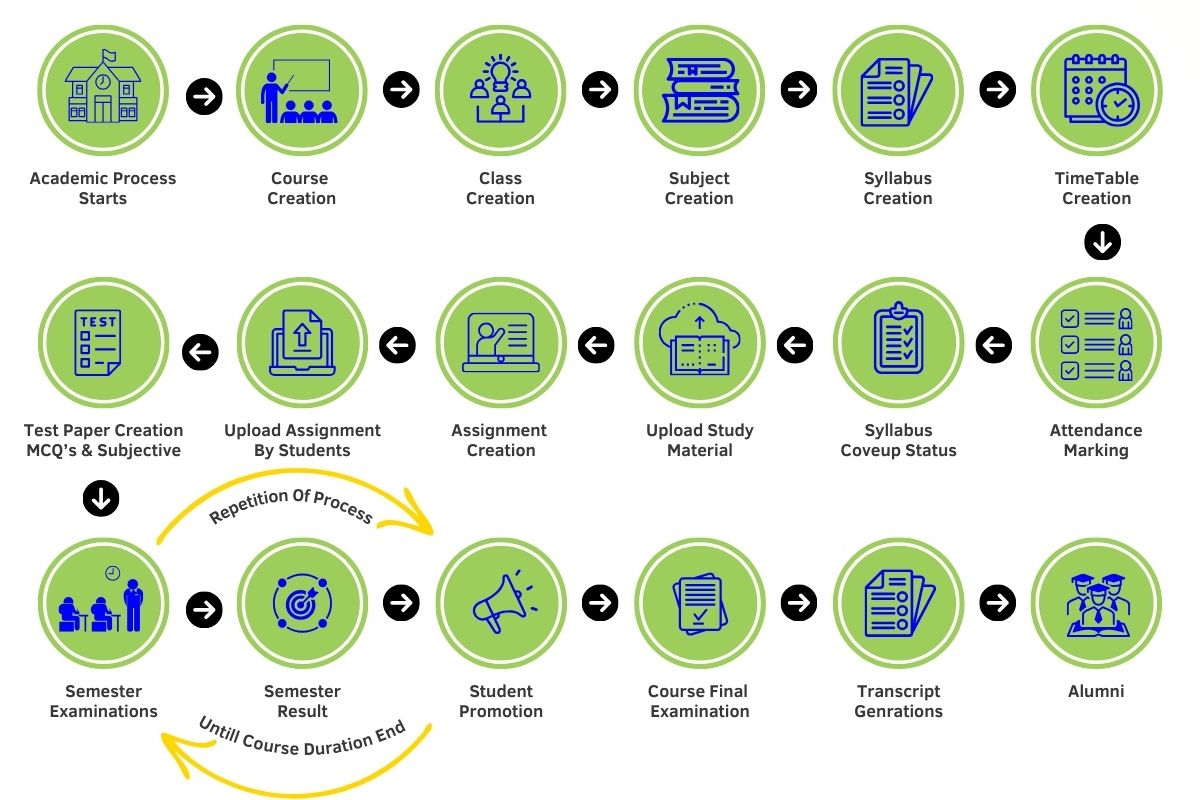
Typically, a learning management system provides an instructor with a way to create and deliver content, monitor student participation and assess student performance. A learning management system may also provide students with the ability to use interactive features such as threaded discussions, video conferencing and discussion forums. A learning management system (LMS) is a software application or web-based technology used to plan, implement and assess a specific learning process. It is used for eLearning practices and, in its most common form, consists of two elements: a server that performs the base functionality and a user interface that is operated by instructors, students and administrators. LMSes are beneficial to a wide range of organizations, including higher education institution and corporations. The primary use of a learning management system is for knowledge management (KM). KM refers to the gathering, organizing, sharing and analysis of an organization’s knowledge in terms of resources, documents and people skills. However, the specific role of the LMS will vary according to the organization’s training strategy and goals.
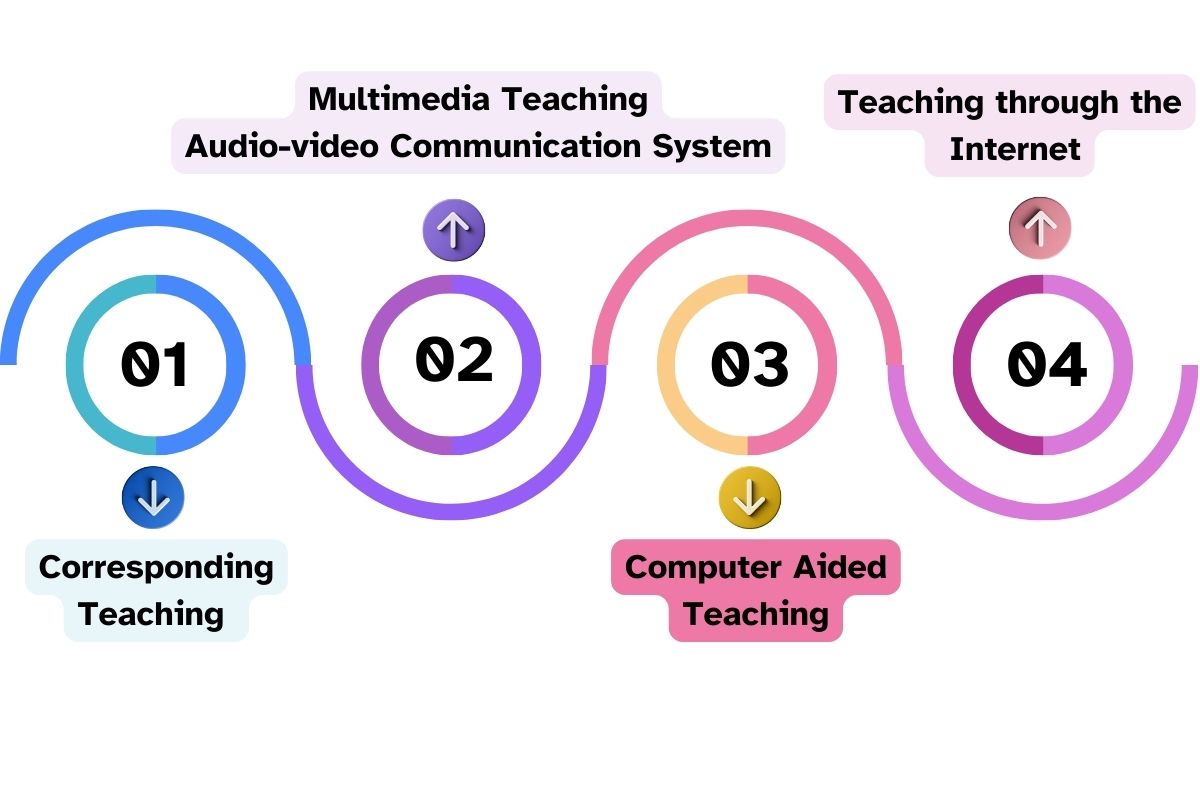
Correspondence Teaching
method of providing education for nonresident students, primarily adults who receive lessons and exercises through the mails or some other device and, upon completion, return them for analysis, criticism, and grading. It is extensively used by business and industry in training programs, by men and women in the armed forces, and by the governments of many nations as part of their educational program. It supplements other forms of education and makes independent study programs readily available.
Telemetric Teaching
Computer aided learning is a self-descriptive term that literally means learning with computers. However, our understanding of what a computer is and can do has changed considerably over the past century meaning that the definition has evolved considerably too. Now computer aided learning means learning on mobile phones, virtual reality and augmented reality in addition to desktop and laptop computer interaction. Consequently, any differences between computer aided learning and eLearning have all but vanished and eLearning has become the more-commonly used over-arching term for learning with computers..
Multimedia Teaching
Multimedia content helps to vary and enhance the learning process, and leads to better knowledge retention. Educational video can provide more opportunities for students to engage with the content. Video can sometimes demonstrate complex ideas and access other times and places better than speaking can..
Teaching through internet
Teachers can also make use of the internet by proving the students with extra study material and resources such as interactive lessons, educational quiz as well as tutorials. Teachers can record their lectures and provide it to the students for revisions which is better than reading from notes
Features Of LMS
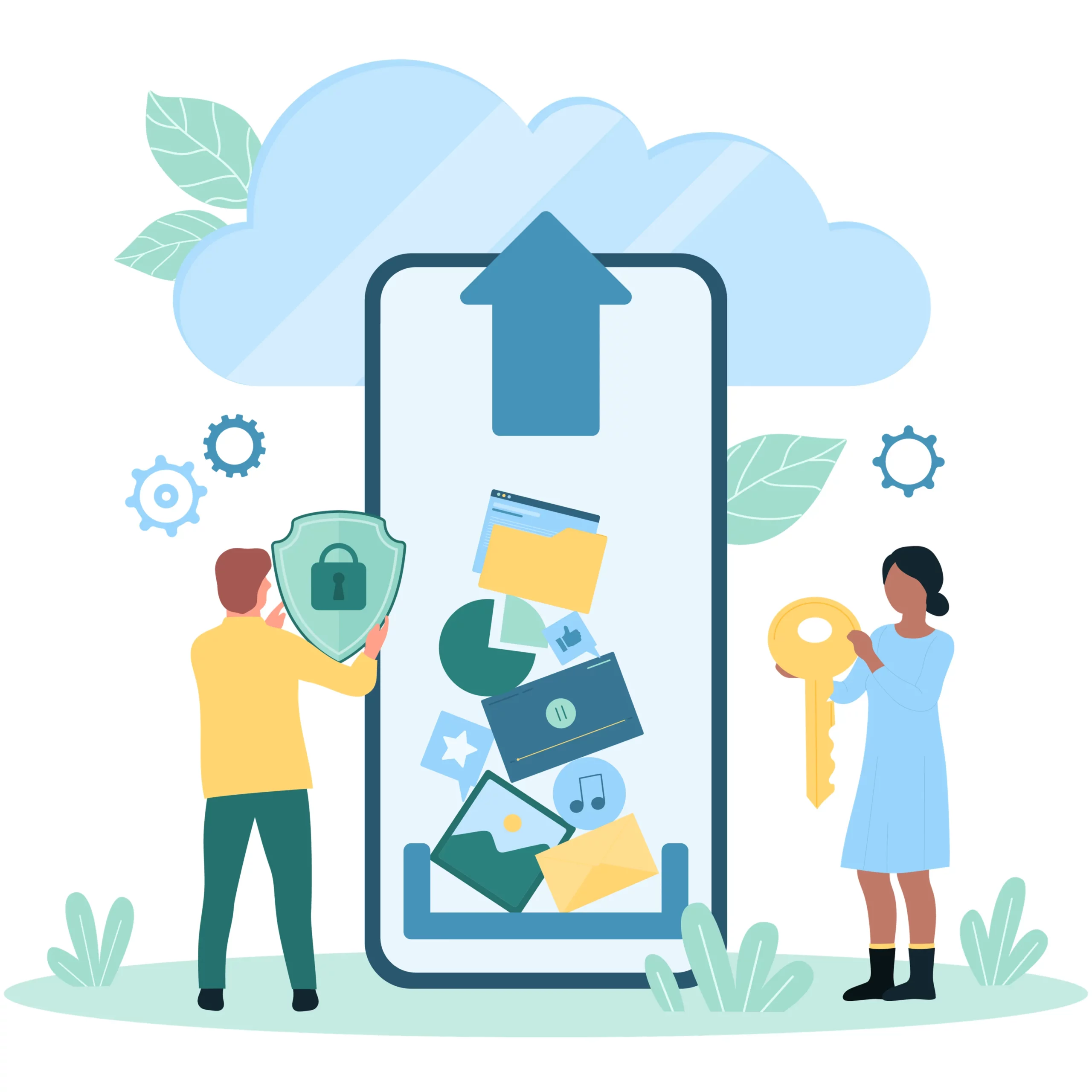
Upload Study Material
LMS allows teachers to upload study materials in a variety of formats, such as text documents, PDFs, images, videos, and audio files. This makes it easy for teachers to share learning resources with their students and to create a more engaging and interactive learning experience.
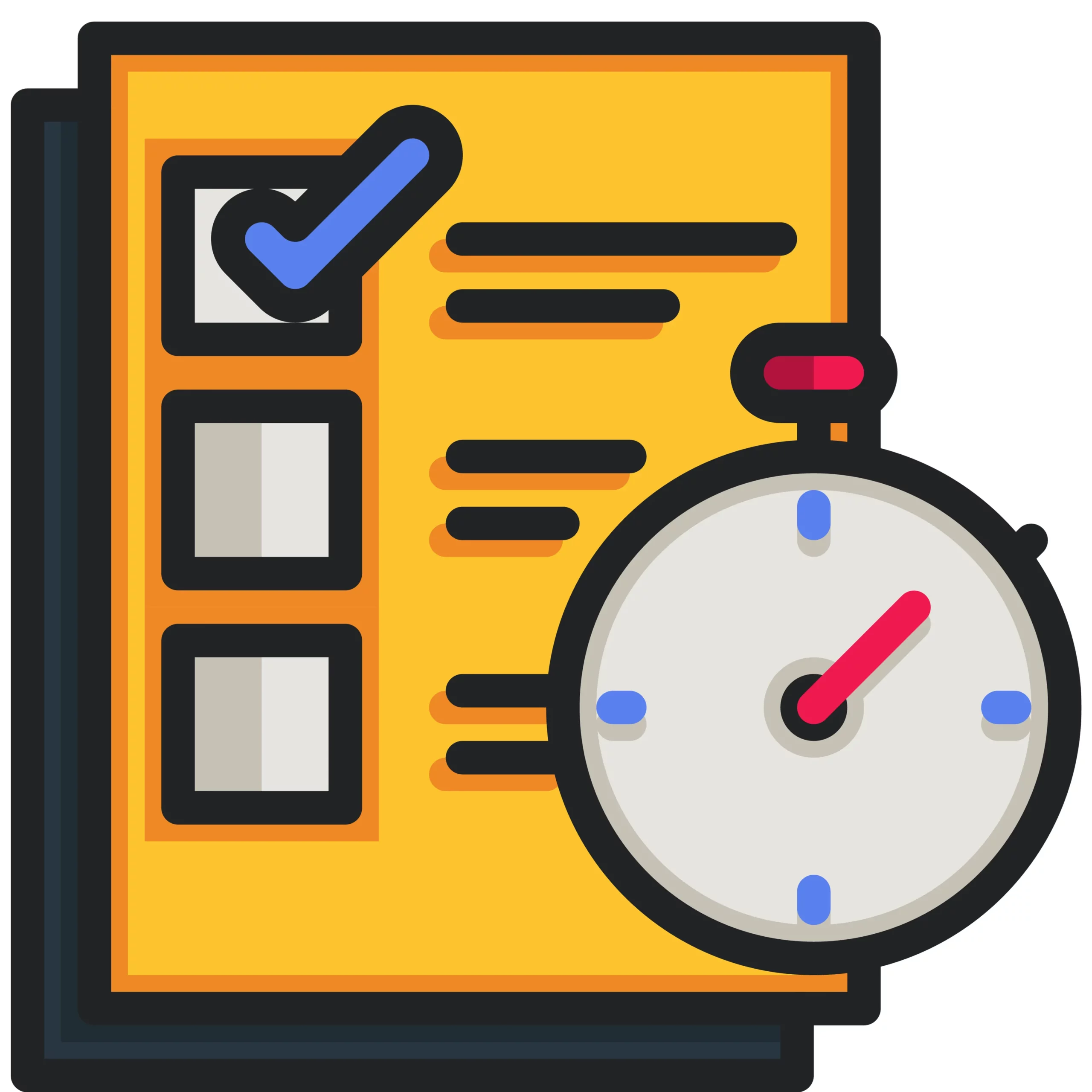
Upload Assignment
Learning management systems (LMSs) allow students to upload assignments electronically. This is a convenient and efficient way for students to submit their work, and it can also help them to improve their learning outcomes.
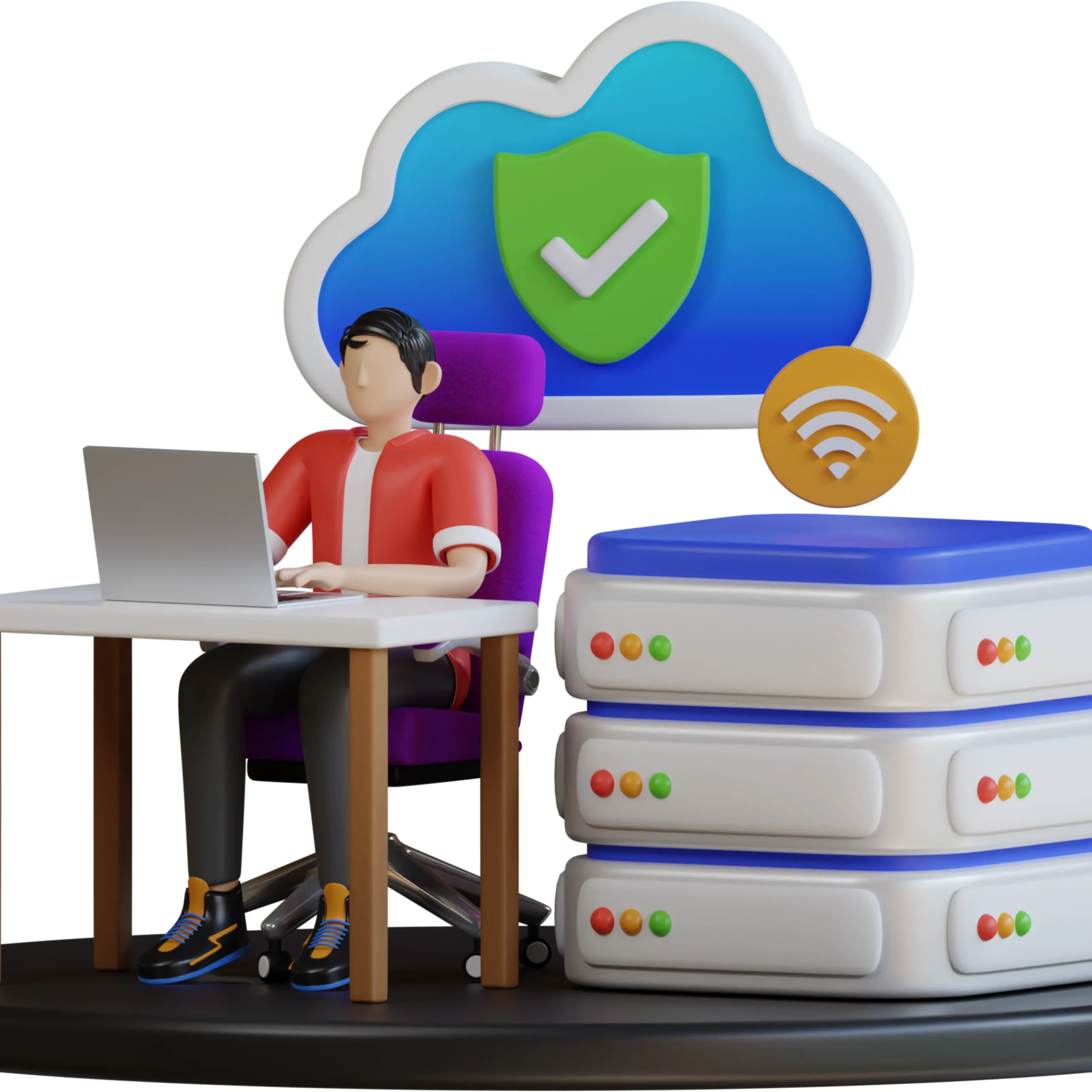
Upload Quiz Test
Learning management systems (LMS) allow teachers to upload quiz and test questions in a variety of formats, such as multiple choice, true/false, fill-in-the-blank, and questions. This makes it easy for teachers to create and deliver assessments to their students and to track their progress over time.
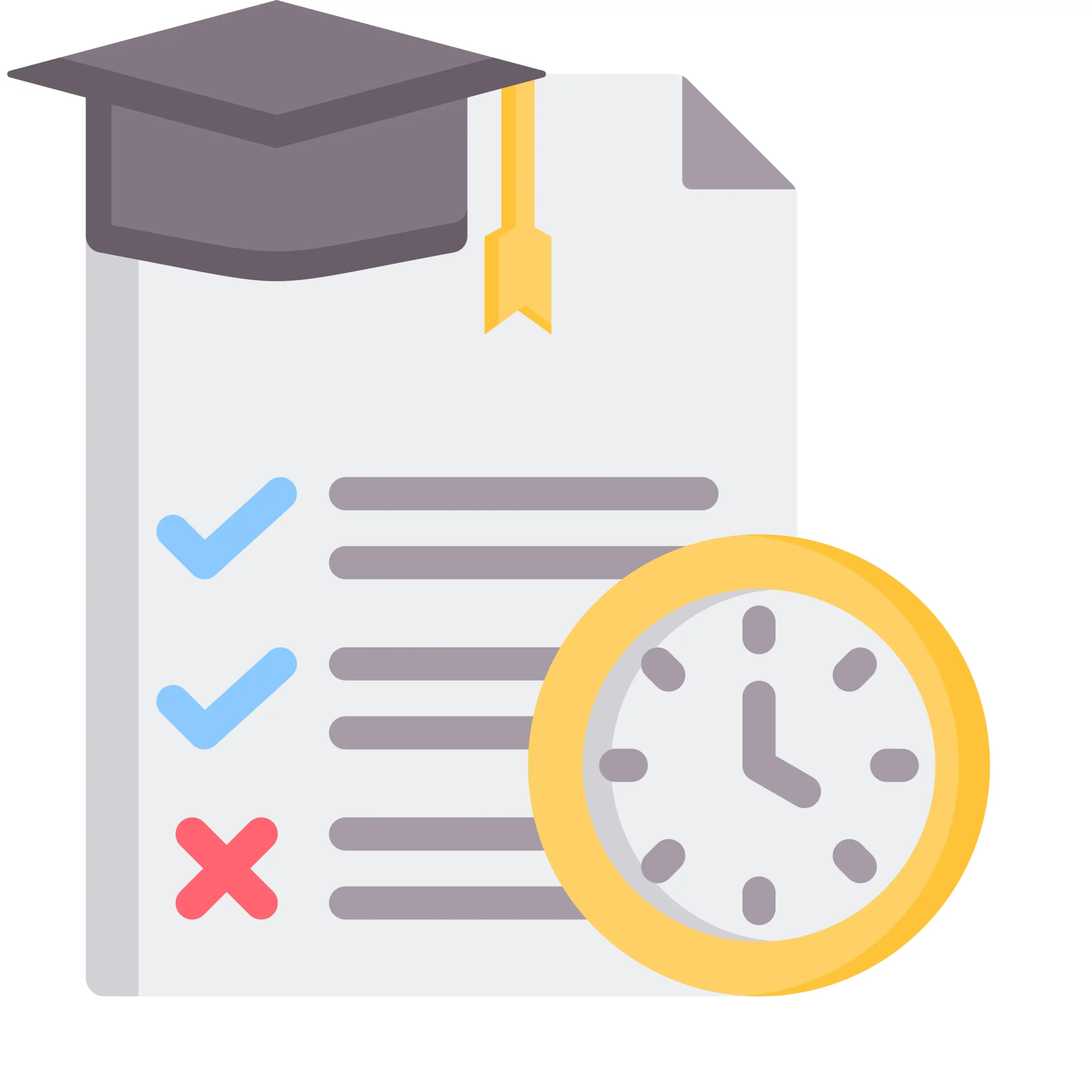
View Assignment
Students and teachers can easily view assignments through LMS. This allows students to track their progress and to see what assignments they need to complete, and it allows teachers to see what assignments students have submitted and to grade those assignments.

Upload Question Bank
Learning management systems (LMS) allow teachers to upload question banks, which are collections of questions that can be used to create quizzes and exams. Using a question bank can save teachers time and effort, and it can help them create more comprehensive and effective assessments.
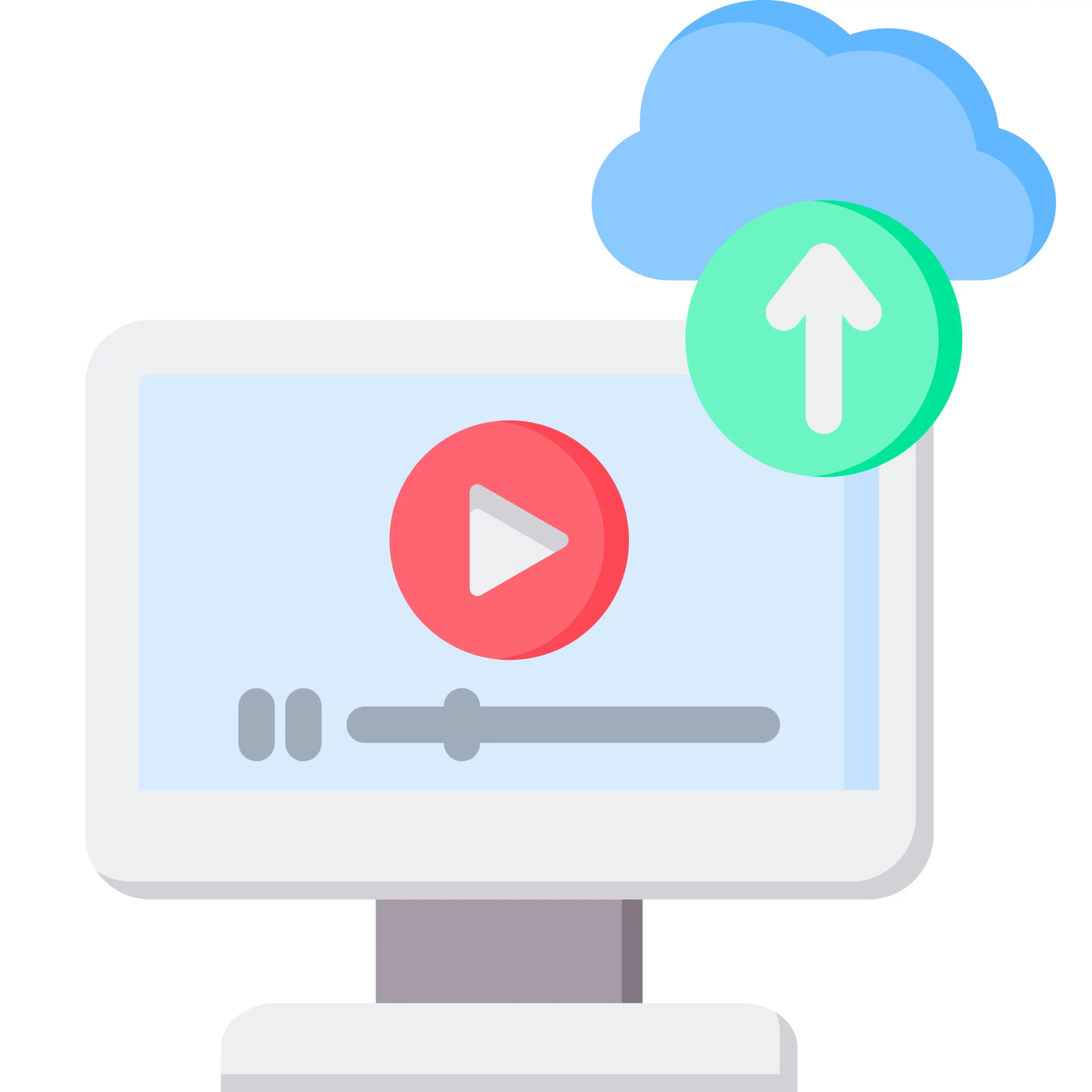
Upload Video Content
Learning management systems (LMS) allow teachers and students to upload video content in a variety of formats, such as MP4, MOV, and WMV. This makes it easy for teachers to share video lectures, tutorials, and other video resources with their students, and for students to submit video assignments.
7456-092883 , 8439940347
info@cyborgerp.com
Get In Touch With Us To Get The Best LMS Software For Your Campus!
Whats Numbers Say
Welcome to Cyborg ERP
Cyborg ERP
IsThe Best Educational ERP
In India
Streamline operations, boost efficiency, and transform your business with the powerful Cyborg ERP software solution. Your success, powered by Cyborg.
